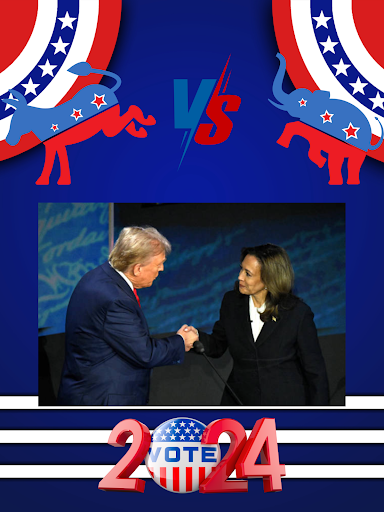Yemeni Proxy War
If Palestine, al-Qaeda, the Islamic State, Syria, the Iran Deal, Taliban negotiations and the Saudi Arabia’s oil-price war wasn’t enough, there is another shocking headline coming out of the Middle East: A cold war. Saudi Arabia, Egypt, Bahrain, Qatar, Kuwait, United Arab Emirates, Jordan, Morocco, Sudan and Pakistan are all fighting Iranian-backed Houthi rebels in Yemen, and the United States is supplying intelligence to the Saudi Arabian’s in their fight.
To complicate matters even more, two of the biggest opponents to the Houthis are Al-Qaeda in the Arabian Peninsula (AQAP) (widely accepted as the most dangerous branch of Al-Qaeda) and the Islamic State.
This means the United States is going to be fighting a group that’s been successfully fighting off it’s number one non-state actor adversary, the Islamic State (IS). As the war against IS in Iraq has been pushing IS further back, they have been looking to less stable nations such as Syria and Yemen to win easy victories.
Given that the Houthis are backed by Iran, the United States is going to have to tread lightly here. They do not want to upset their negotiating partner in Iranian Nuclear Deal. They also do not want to leave a power vacuum that could go to IS or AQAP.
The fighting currently taking place in Yemen could be called a “Middle Eastern cold war” as no major nations are fighting each other directly. Saudi Arabia and Egypt are fearful of a Houthi takeover resulting in an Iranian proxy state extending their already vast influence. In a way, the fact that Saudi Arabia’s coalition has gathered almost every major player in the Middle East (including a strong rhetoric from Turkey) is surprising and threatening to Iran’s sphere of influence.
In a way, this is a good thing for the United States, if the in the event that the government decided to go to war over the nuclear deal with Iran. Iran would not being able to compromise the United States operations throughout the Middle East using their influence while the United States could leverage their alliance with Saudi Arabia. The government needed to be wary of Iran’s strong influence throughout the Middle East. At the same time, we must remember that although they are by far our strongest ally, Saudi Arabia is still is a dictatorship that oppresses its people.
This has led many Americans to question our support for Saudi Arabia. Afterall, Saudi Arabia, Sudan and Bahrain, who are all members of the coalition against Iran, have some of the worst human rights records in the world with Sudan and Saudi Arabia falling in the ten worst according to Freedom House (a nonprofit that monitors freedoms granted by regimes) .
The United States has repeatedly gotten itself drawn into wars against regimes who have repressive laws, such as Saudi Arabia’s mandatory 20-year minimum sentence for practicing atheism and death penalty for smuggling a bible into the country. The United States is going to have to consider the repercussions for letting a nation with repressive laws gain unprecedented influence in the Middle East.







